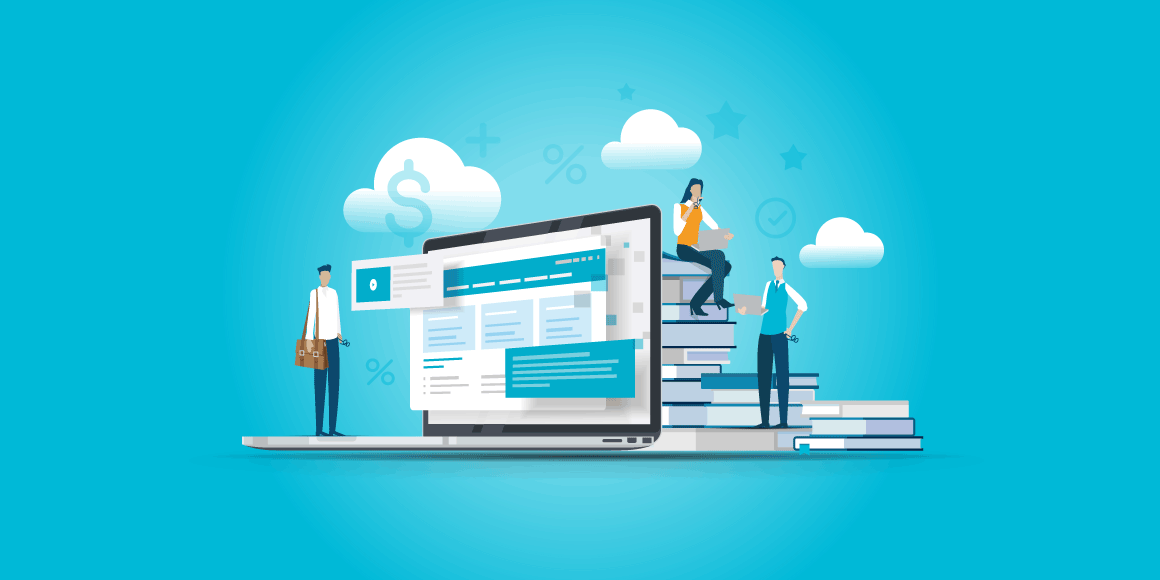Sales Enablement refers to the strategic resources provided to sales teams that help them sell more effectively and close deals more efficiently. These resources include targeted content and information, training, and cross-functional technology that align sales activities with customer needs and buying behaviors.
An effective sales enablement strategy often involves:
- Delivering relevant and timely sales materials such as presentations, case studies, and product information to relevant sales reps
- Offering ongoing coaching and skill development to enhance sales techniques
- Utilizing analytics and CRM systems to track performance and tailor sales approaches
In practice, organizations will implement a focused sales enablement strategy to improve the effectiveness of their sales force. This ultimately leads to faster onboarding, a reduced sales cycle and increased overall performance. For instance, a software company might use sales enablement platforms to ensure that its representatives have up-to-date product demos and competitive insights, enabling them to accurately and swiftly respond to client questions and objections.
Sales enablement adds value by promoting stronger alignment between marketing and sales teams, while also enhancing customer engagement through and enabling data-driven decisions that drive higher conversion rates and stronger lead nurturing.
Transforming the Way Partners Learn and Grow

eBook
How Incentivized Learning Can Benefit Your Business
As vendors increasingly seek to achieve market penetration, increase brand awareness, and accelerate revenue growth, they have to look to engage the real channel influencers, partner sales teams, in order to deliver the desired impact.
Developing valuable relationships, building loyalty, ambassadorship and advocacy are critical to the success of channel performance.
How can this be achieved? Download the guide to find out how.
